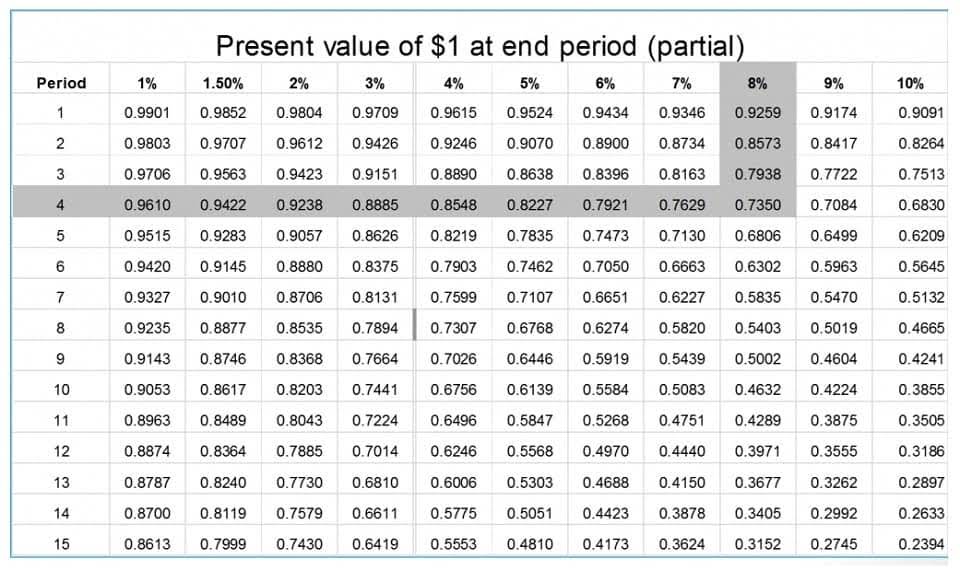
Inventory refers to the assets my company holds with the intention of selling them through our operations. This includes not only the finished goods ready for sale but also items currently being produced and the raw materials or components used in the production process. Essentially, inventory encompasses everything from the materials we start with to the final products we aim to bookkeeping services in sacramento sell to customers. A business with healthy (positive) equity is attractive to potential investors, lenders, and buyers. Investors and analysts also look at your business’s EBITDA, which stands for earnings before interest, taxes, depreciation, and amortization. I like to remember equity as the difference between my business’s assets (what I own) and liabilities (what I owe).
Understanding Accounting
While financial accountants often use one set of rules to report the financial position of a company, tax accountants often use a different set of rules. These rules are set at the federal, state, or local level based on what return is being filed. The reports generated by various streams of accounting, such as cost accounting and managerial accounting, are invaluable in helping management make informed business decisions.

How do small businesses use accounting?
Before I dive into how to do your bookkeeping, let’s cover the two main bookkeeping methods. Another common way to manage your expenses is by separating operating expenses from selling, general, and administrative (SG&A) expenses. According to this principle, parties should remain honest in all transactions. To calculate burn rate, I simply pick a time period (such as a quarter or a year). Then, I subtract the on-hand cash amount at the end of that period from the on-hand cash at the beginning. Remember, you can choose your own cadence (which you can then use for dividing).
- This means the expense is debited because the funds credited from the cash account are covering the cost of that expense.
- In essence, business accounting is the foundation for sound financial management and long-term business success.
- To speed up action, you may hire accounting professionals or purchase accounting software to ensure accurate financial audits and reporting.
- Because of the simplified manner of accounting, the cash method is often used by small businesses or entities that are not required to use the accrual method of accounting.
- Essentially, any information that may be useful to management falls under this umbrella.
- Specialties include general financial planning, career development, lending, retirement, tax preparation, and credit.
Chart of Accounts
- In my opinion, reducing your COGS is the best way to increase your profit.
- The financial statements used in accounting are a concise summary of financial transactions over an accounting period, summarizing a company’s operations, financial position, and cash flows.
- A public company’s income statement is an example of financial accounting.
- Our Bookkeeping Video Training (13 videos) will help you build confidence as you increase your understanding of debits and credits, adjusting entries, transactions, and more.
- Tax day and the financial year are big markers for the organizations you work with.
Ecommerce platforms like Shopify, BigCommerce, and WooCommerce often provide built-in payment gateways. These are always the easiest to adopt as they’re already integrated with your website. I suggest also checking out third-party payment solutions such as Stripe.
Tax Accounting

Let’s assume I’m running a manufacturing company and decide to double my production — my costs for materials and labor would increase accordingly. These are variable costs because they rise and fall with the level of production. In accounting terms, profit — or the “bottom line” — is the difference between the income, COGS, and expenses (including operating, interest, and depreciation expenses).
Using Accounting Software
You (or your business) are taxed on your net profit, so I believe it’s important to plan for your tax liability proactively. Do this by staying on top of your net profit amount, setting aside some of your revenue in a separate savings account, or paying your estimated taxes every quarter (like employer withholding). A certified public accountant (CPA) is a type of professional accountant with more training and experience than a typical accountant.

Cash Method vs. Accrual Method of Accounting

